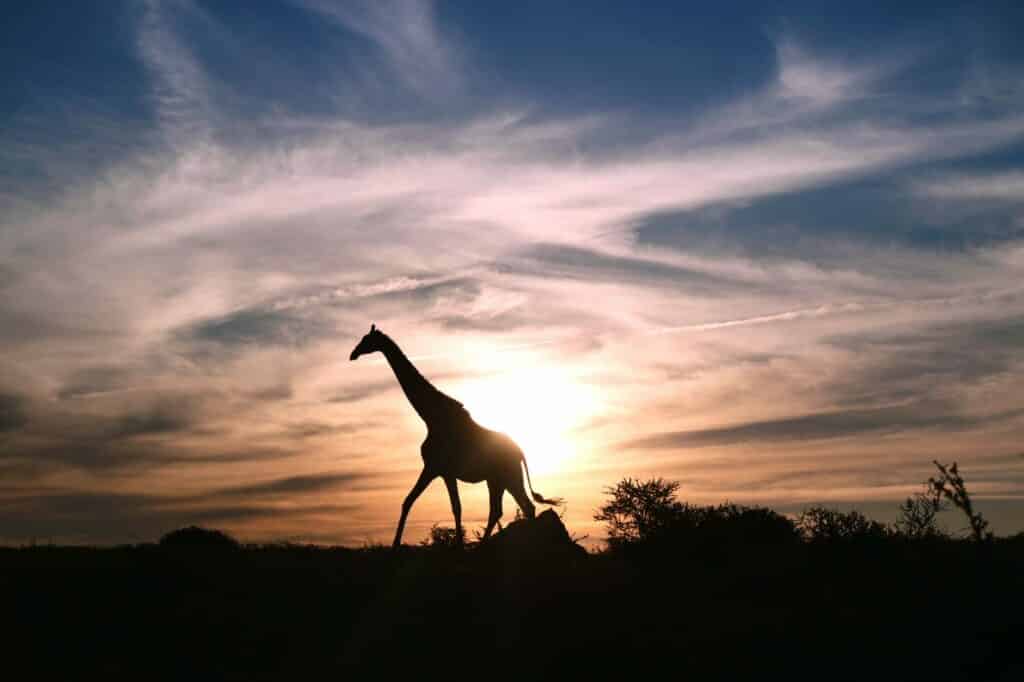
The question we always ask ourselves when going on safari – when is the best time to visit?
Before setting off on an adventure it is always good to ask important questions in order to prepare efficiently. One of the most common questions amongst visitors of the Kruger National Park is, when is the best time to visit Kruger National Park?

What to expect in Winter
This in itself depends on the visitor’s needs and desires for their safari experience. If you want the most potential to actually view the animals, winter (May to September) is generally advised. At this time of year, the bushveld is dry, the grass is short and it is easier to spot animals near and far.
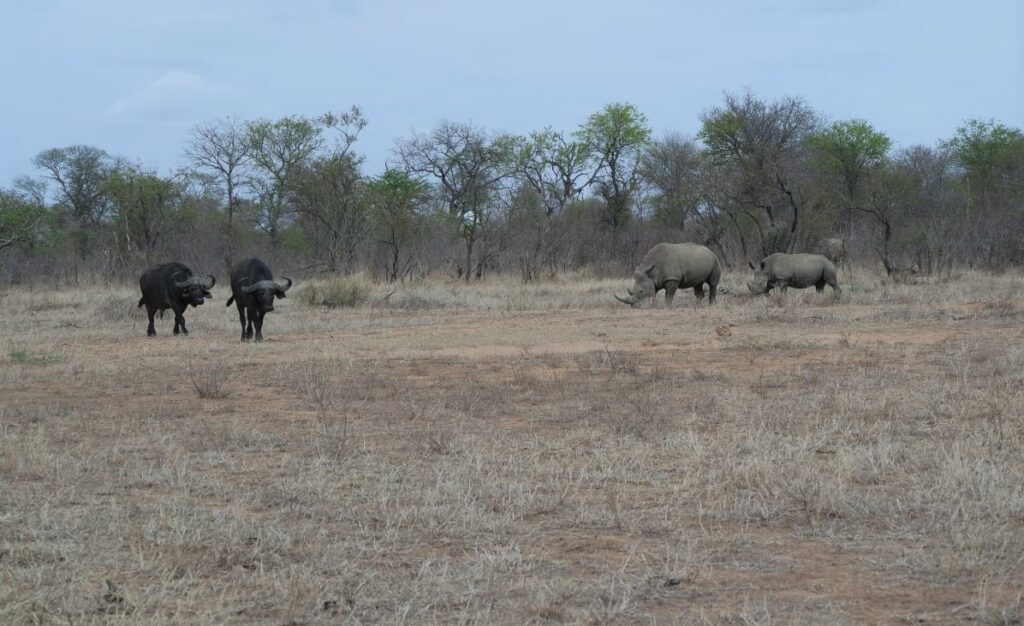
This being said due to the dullness of the savanna biome, often lions, leopards, cheetah, and even elephants and rhinos camouflage very well. Also if you are someone who does not love heat, humidity, and rain, winter is also recommended. As this is the cooler season with little to no rain.

Many of our fellow wildlife enthusiasts also say that from their experiences, winter has mostly been the best time to view cats in the bushveld. As mentioned, this is the cooler time of the year. As we know, cats such as lions, leopards, cheetahs tend to be more active when it is cooler.
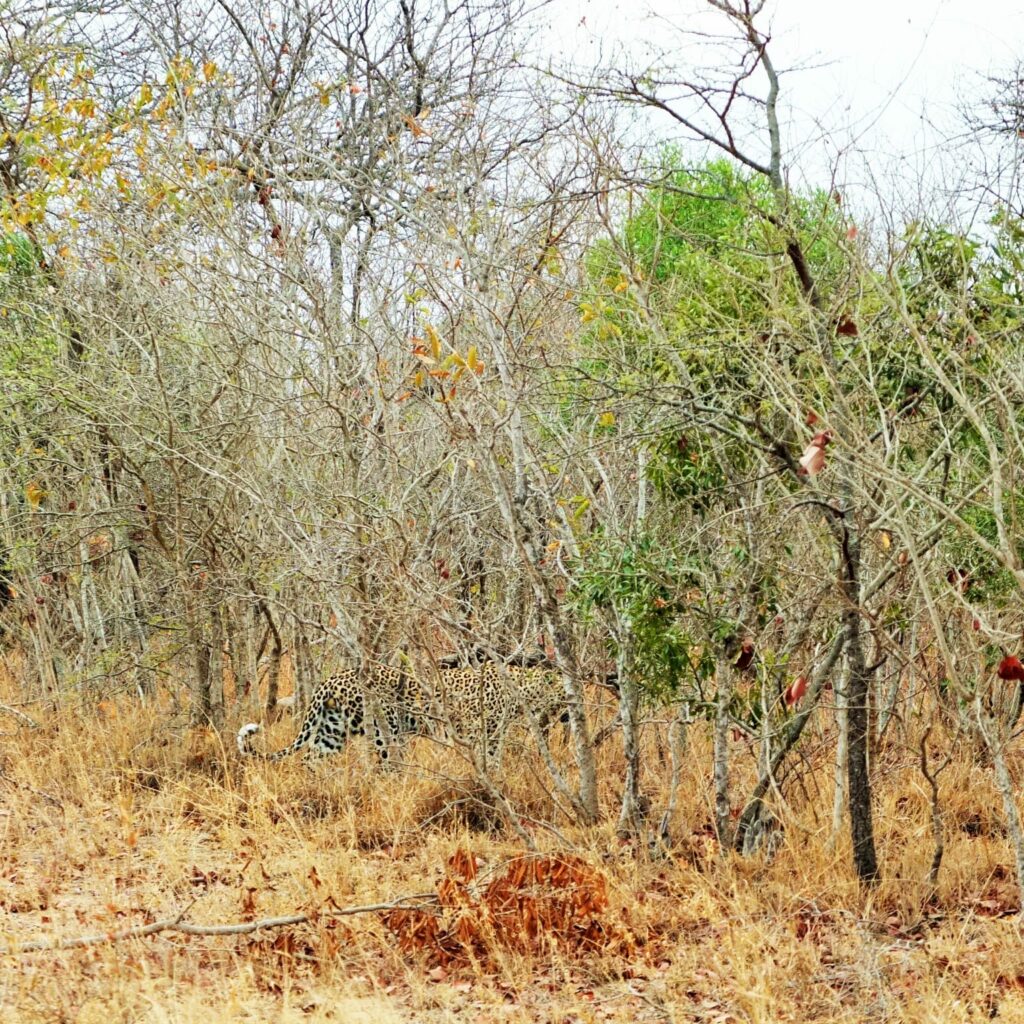
What to expect in Summer
Summertime in Kruger National Park can be very hot, with temperatures reaching up to 40 degrees celsius (104 degrees fahrenheit). Animals do not tend to be active during the day, as they reserve their energy in the shade of huge trees. It can without a doubt be a bit more difficult to spot them if they are down.
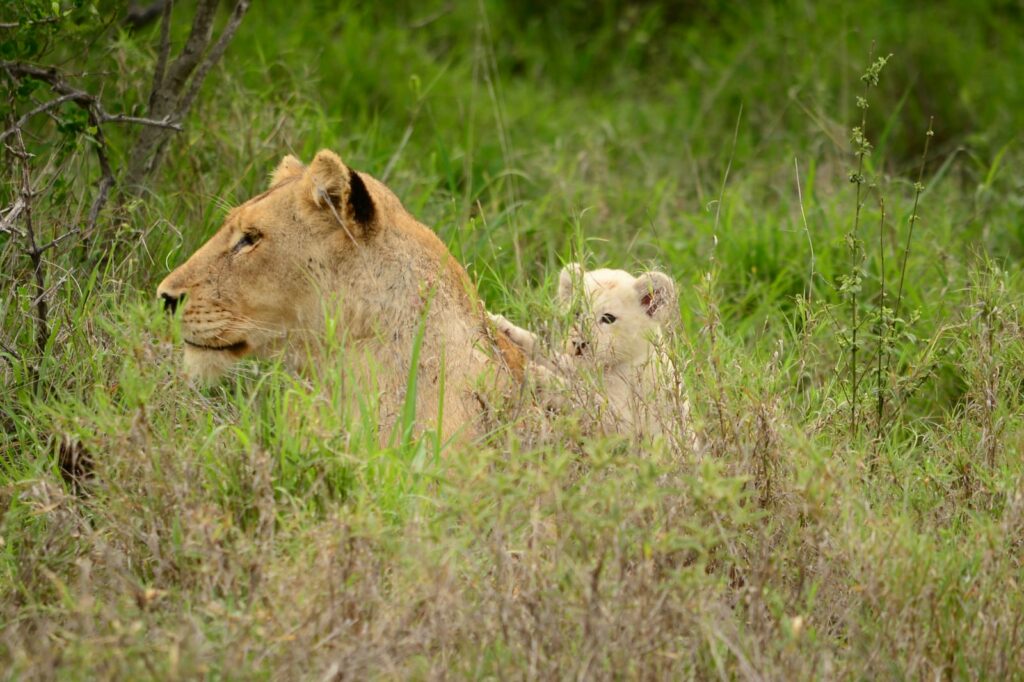
Remember to also stay updated on our Latest Sightings Kruger Facebook Page
Summertime in the bushveld is usually from October to April. This is also known as the rainy season. And of course, with rain comes new life – for both fauna and flora. Many of the animals in the Southern-African animal kingdom, will often give life to their offspring in the summertime. There are various hypotheses for this, one of them being that the rain washes away the smell of afterbirth to avoid attracting predators to the vulnerable young. But a more common reason is that food is more plentiful and nutritious in the rainy season.
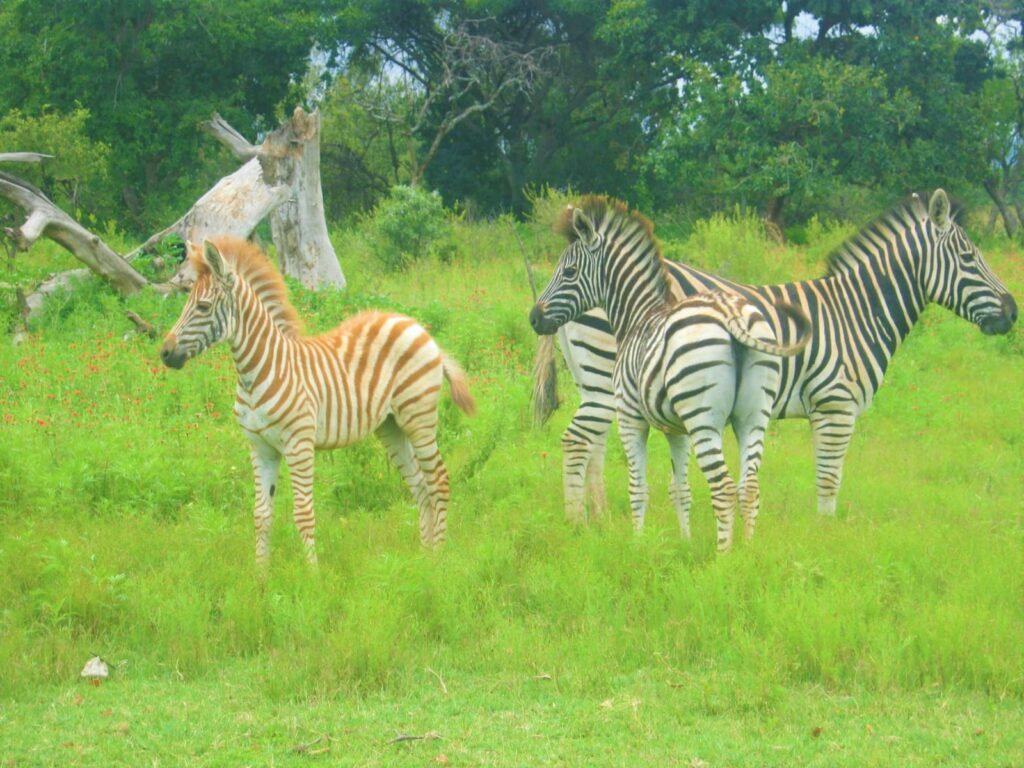
In the summertime, everything in the bushveld is generally green, lush, and colorful – permitting the rainfall had been good for that season. Butterflies are all around. Colorful birds of various families migrate back to the south. The water of course is plentiful – again, depending on the area.
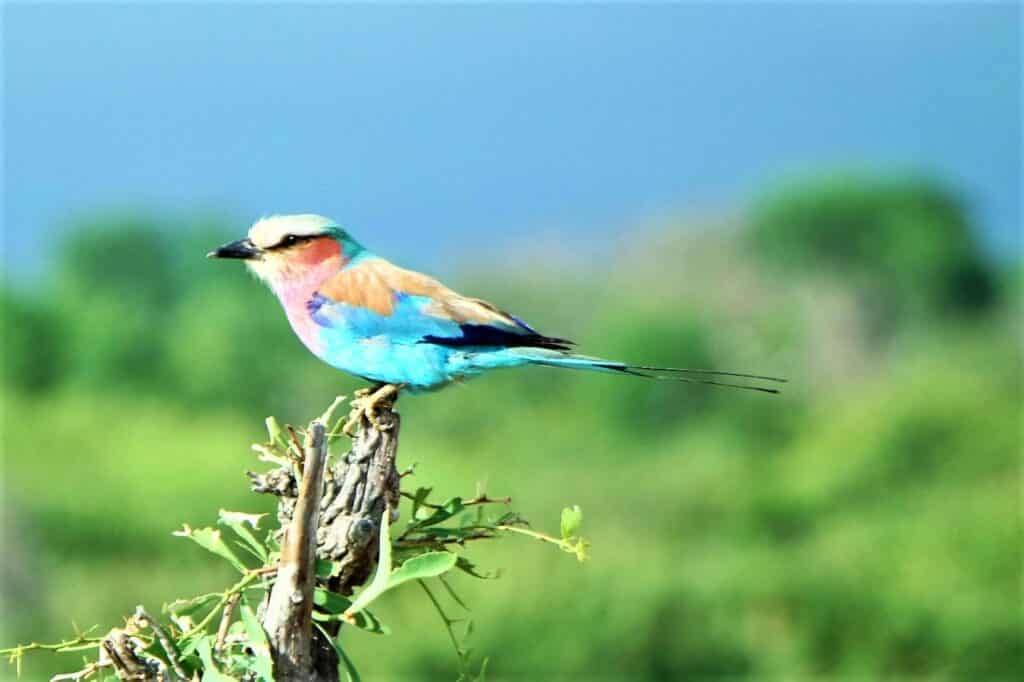
But just know – creepy crawlies come out in the Summer as well!
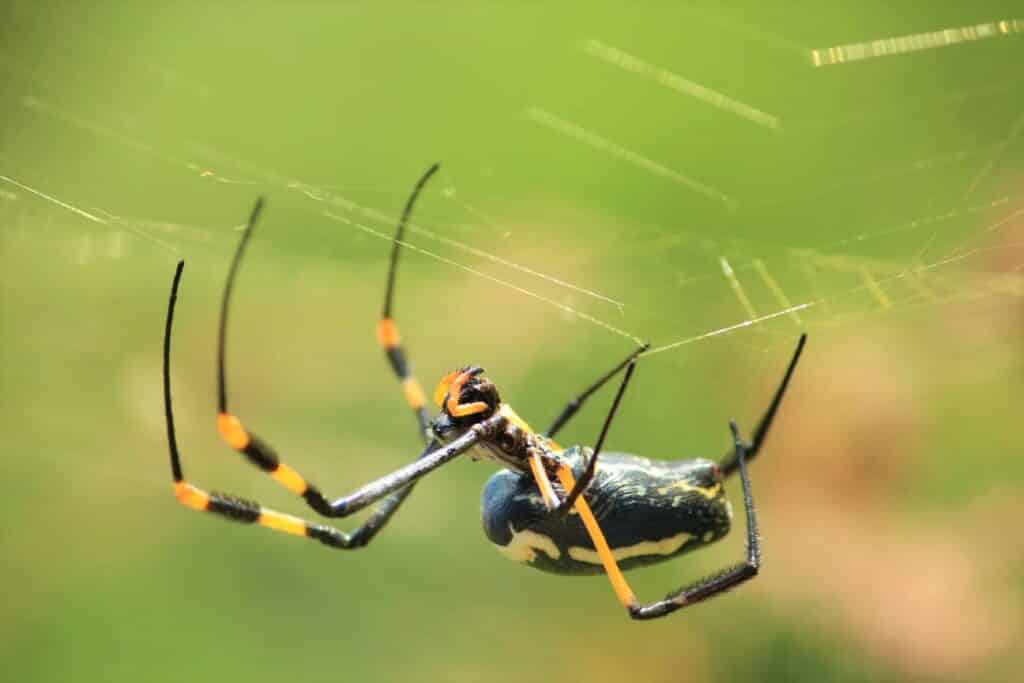
It really is and has always been a tricky question to answer. Because each and every person differs and their needs on safari do as well. But the long and the short of it would be: If you do not mind the heat, but love scenic, colorful, and often “cute” safaris – summertime is for you!

However, if you do not mind a slight chill in the morning and afternoon, love predators, and love to see how deep and vast the bush can really become – Winter is for you!
Whenever you do happen to visit a game reserve, remember to download the Latest Sightings App to stay updated!
